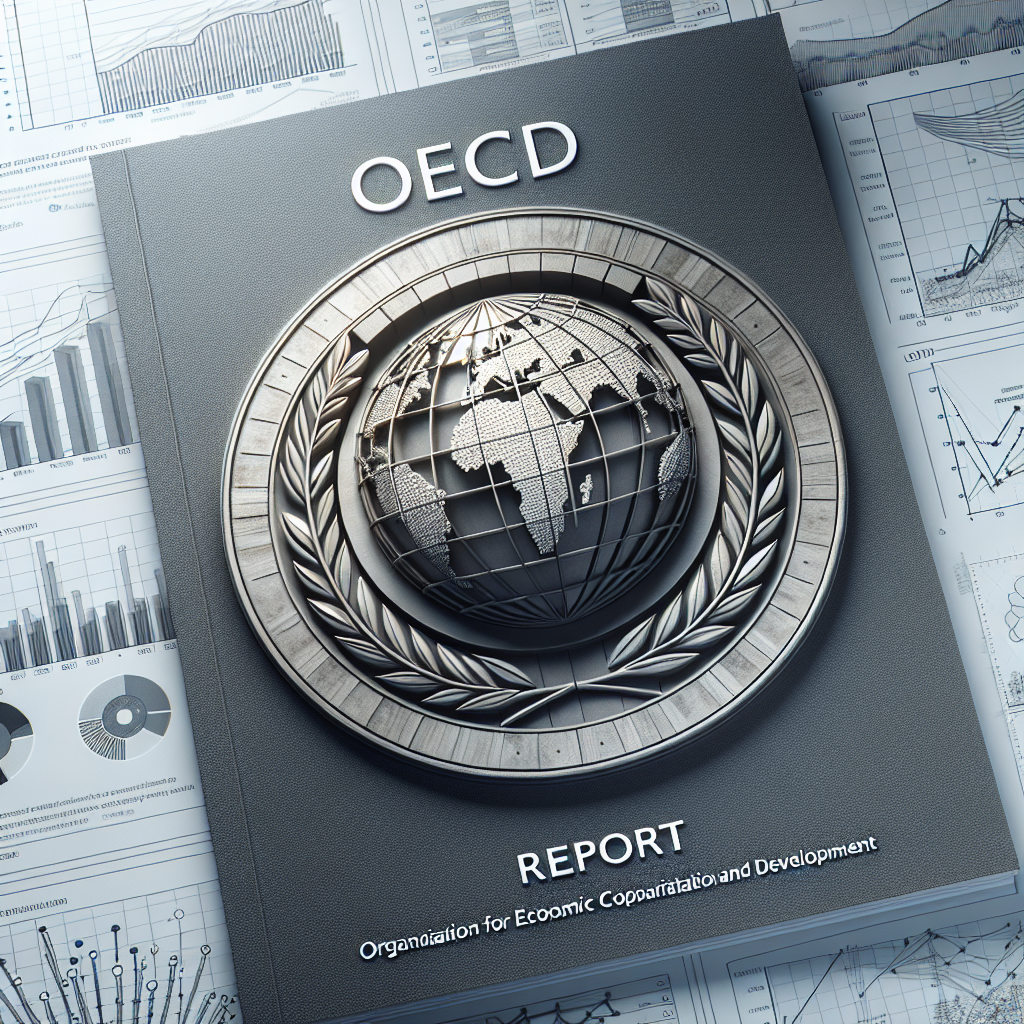Global Growth Outlook Dimmed Amid Economic Uncertainty and Trade Tensions
Europe's stock markets remained stagnant despite geopolitical and economic tensions. Inflation rates are cooling, prompting expected ECB rate cuts. The Dutch political crisis disrupts bond markets, while U.S. trade disputes further heighten global economic concerns. Media, resources, and healthcare sectors oscillate with shifts in rating and price changes.

On Tuesday, Europe's stock markets remained largely unchanged despite geopolitical and economic tensions. The pan-European STOXX 600 closed at 548.42, influenced by softening economic indicators and global trade concerns.
Inflation in the EU fell to 1.9% in May, steering expectations of aggressive monetary easing by the European Central Bank, which has cut interest rates seven times in the past year. Traders anticipate further reductions, potentially impacting a 2% regional interest rate.
Adding to the market's turmoil, the Netherlands faced political upheaval after Geert Wilders withdrew his party from the ruling coalition, heightening bond sell-offs. Concurrently, global trade uncertainties persist, exacerbated by U.S.-China tensions and Trump's tariffs. OECD's reduced growth forecasts underscore the economic impact of these disputes.
(With inputs from agencies.)
ALSO READ
US Lowers Reciprocal Tariffs on Indian Goods: A New Chapter in Trade Relations
Trump Defies Supreme Court Ruling: Upholds Tariffs Amid Controversy
Trump Introduces Temporary Tariffs Amid Legal Challenges
Supreme Tariffs Overturned: The Unanswered Billion-Dollar Question
Supreme Court Ruling Overturns Trump's Global Tariffs, Impacts India-US Trade










